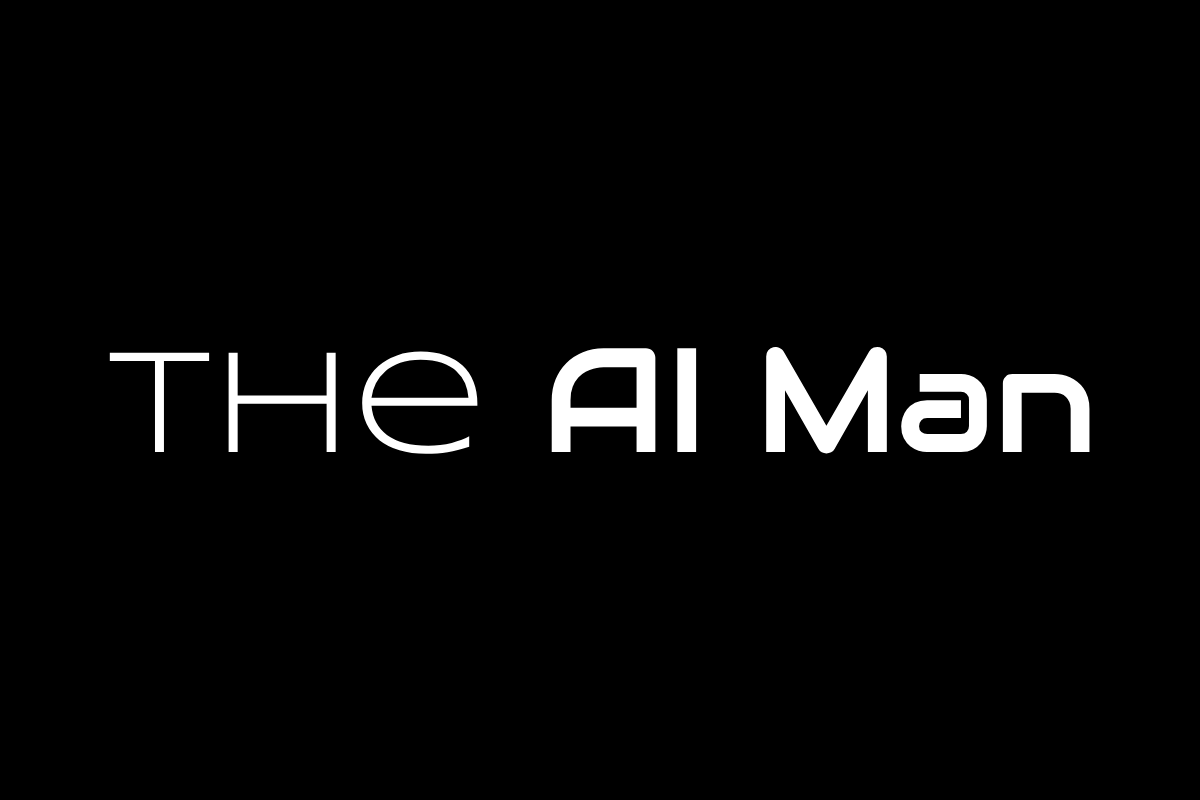Picture this: you're running a website and want to know if a red "Buy Now" button works better than a blue one. That's A/B testing in its simplest form. Now imagine doing this for AI systems used by millions of people daily.
That's exactly what OpenAI just bought for $1.1 billion when they acquired Statsig. This isn't just another tech deal – it's OpenAI preparing for the next phase of AI where making it work perfectly for real users matters as much as building the technology itself.
The Deal That Makes Perfect Sense
OpenAI didn't just throw money at a random startup. Statsig was already their experimentation partner, helping them test which versions of ChatGPT features work best. Here's what they're getting:
A battle-tested platform that processes over 1 trillion events daily across companies like Notion and Brex
Advanced statistical methods that can detect 30% smaller improvements with the same number of users compared to traditional testing
155 employees who will keep working from Seattle, maintaining their proven team dynamic
An already profitable relationship – OpenAI was paying Statsig anyway, now they own the whole operation
The A/B testing market itself is exploding. From $518 million in 2021, it's projected to hit $3.5 billion by 2033. OpenAI just bought one of the best players in this rapidly growing space.

A/B Testing Software Market projected to grow from $518 million in 2021 to $3.5 billion by 2033
Meet Vijaye Raji

Image Source: Microsoft
Here's where it gets interesting. Statsig's founder, Vijaye Raji, isn't your typical startup guy. This Indian-origin engineer from Puducherry spent a decade at Facebook building massive features like Marketplace, Messenger for Windows, and running their entire Seattle office. Before that? Nearly 10 years at Microsoft working on Windows and Visual Studio.
OpenAI just named him CTO of Applications, meaning he'll oversee ChatGPT's product engineering, Codex development, and infrastructure across all OpenAI products. He reports to Fidji Simo, the former Instacart CEO who recently joined as CEO of Applications. Think of it as assembling an Avengers team, but for making AI actually useful.
Why This Changes Everything for AI

Remember when websites looked the same for everyone? Now Netflix shows you different movie thumbnails based on what you're likely to click. That's the power of experimentation at scale. OpenAI is preparing to do this for AI applications.
Here's why this matters:
Faster innovation: Companies using early-stage experimentation cut development costs by up to 50%
Better user experience: Instead of guessing what works, they'll know what actually helps users
Massive scale impact: With OpenAI heading toward $20 billion in annual revenue, small improvements mean huge results
The acquisition signals we're moving from "build cool AI" to "make AI that people actually love using."
Looking Ahead: What This Means for Us
This deal tells us something important: the future belongs to AI companies that understand humans as well as they understand algorithms. Whether you're building apps or just using ChatGPT for work, this means AI tools are about to get much more intuitive and personalized.
This acquisition isn't really about A/B testing – it's about OpenAI recognizing that the future belongs to whoever can make AI feel less artificial. When your AI assistant starts anticipating your needs before you even ask, when it learns from millions of small experiments to become more helpful rather than just more clever, that's when we'll know this $1.1 billion bet paid off.
You heard it here first! 📰

